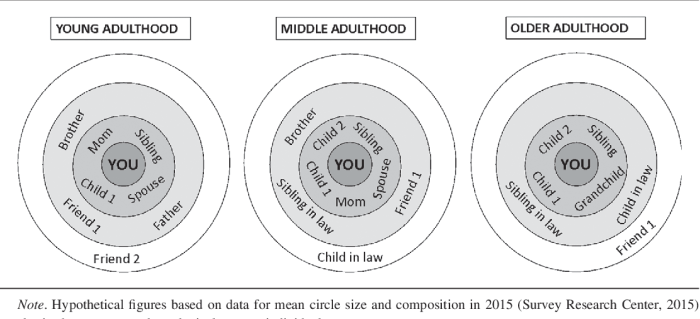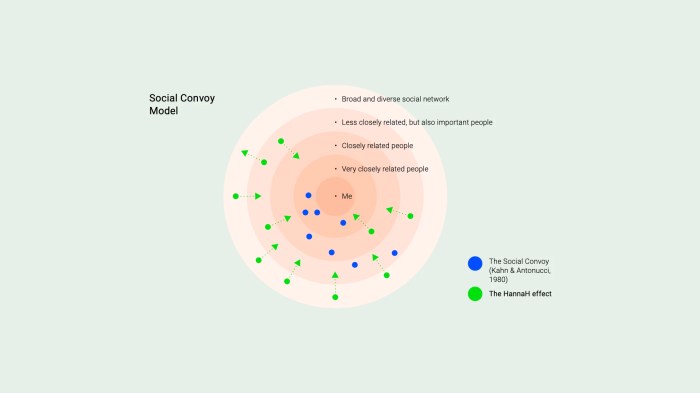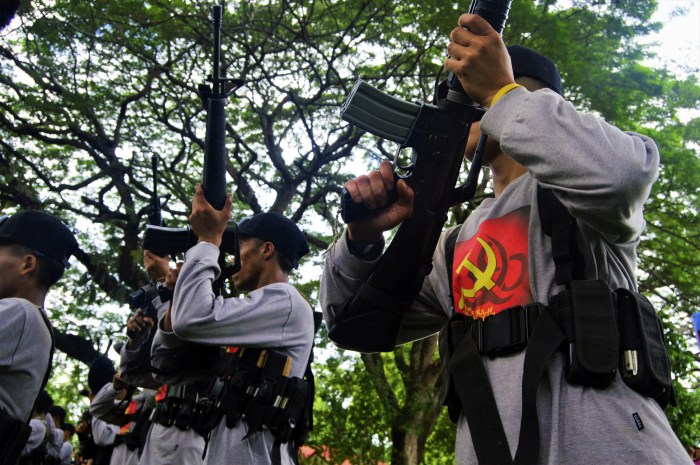Social convoys are a crucial part of the social convoy, providing individuals with a sense of belonging, support, and identity. These networks of close relationships have a profound impact on our physical, mental, and emotional health, shaping our experiences throughout life.
From family and friends to colleagues and mentors, the members of our social convoys play diverse roles, offering companionship, guidance, and emotional support. The dynamics within these networks are complex and ever-evolving, influenced by factors such as age, gender, and social status.
Introduction to Social Convoy: Are A Crucial Part Of The Social Convoy

Social convoys refer to the network of social relationships that individuals maintain throughout their lives. These relationships provide emotional, social, and practical support, influencing individuals’ well-being and life outcomes. Social convoys can include family members, friends, colleagues, neighbors, and even acquaintances.
Types of Social Convoy Members, Are a crucial part of the social convoy
Social convoys consist of various types of members, each playing a unique role. Primary members are those closest to the individual, providing intimate and emotional support. Secondary members offer less frequent but still significant support. Peripheral members have limited contact but can provide occasional assistance.
Dynamics within Social Convoys
Social convoys exhibit complex dynamics influenced by factors such as age, gender, and social status. Age can impact the size and composition of convoys, with older adults typically having smaller but more stable networks. Gender differences exist, with women generally reporting larger and more diverse convoys.
Social status can also affect convoy dynamics, as individuals with higher socioeconomic status tend to have more extensive and supportive networks.
Impact of Social Convoys on Individuals
Social convoys have both positive and negative impacts on individuals’ lives. Positive impacts include providing emotional support, reducing stress, promoting physical and mental health, and facilitating access to resources. Negative impacts can include social isolation, conflict, and emotional burden.
Social Convoys in Different Contexts
Social convoys exist in various contexts, including family, friendship, and work. Family convoys are typically characterized by strong emotional ties and a sense of obligation. Friendship convoys offer companionship, emotional support, and shared experiences. Work convoys provide professional support, mentorship, and networking opportunities.
Social Convoys and Life Transitions
Social convoys play a crucial role in supporting individuals during major life transitions, such as marriage, childbirth, retirement, or bereavement. They provide emotional support, practical assistance, and a sense of continuity during these challenging times.
Building and Maintaining Strong Social Convoys
Building and maintaining strong social convoys requires effort and commitment. Communication, trust, and reciprocity are essential elements of healthy convoy relationships. Individuals should actively engage with their convoys, share experiences, and provide support when needed.
Expert Answers
What are the benefits of having a strong social convoy?
Strong social convoys provide numerous benefits, including improved physical health, reduced stress levels, increased happiness, and enhanced cognitive functioning.
How can I build a strong social convoy?
Building a strong social convoy requires effort and intentionality. Make an effort to connect with others, join social groups, and nurture existing relationships. Communication, trust, and reciprocity are key to maintaining healthy convoy relationships.


